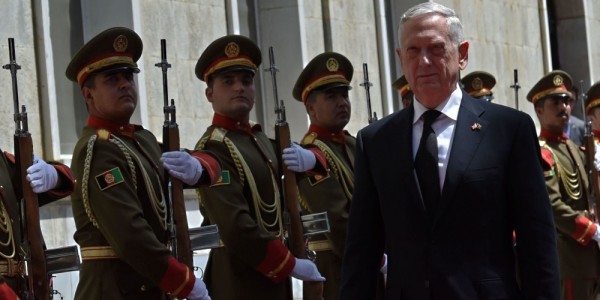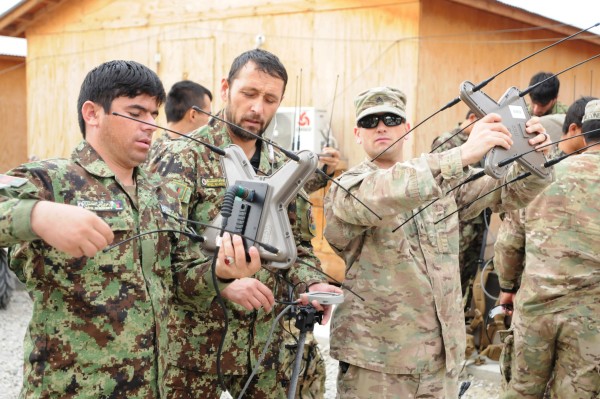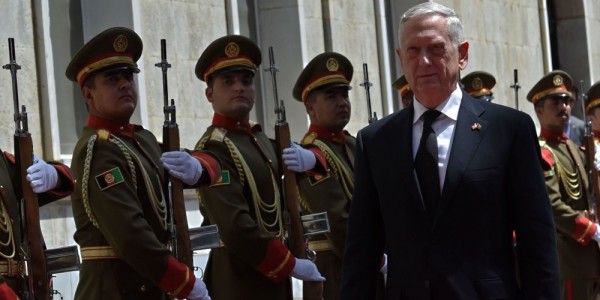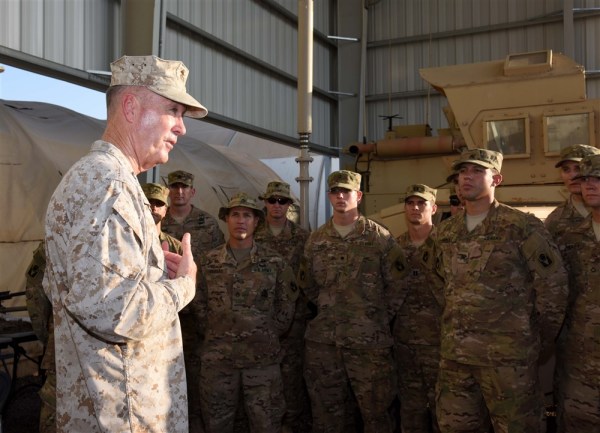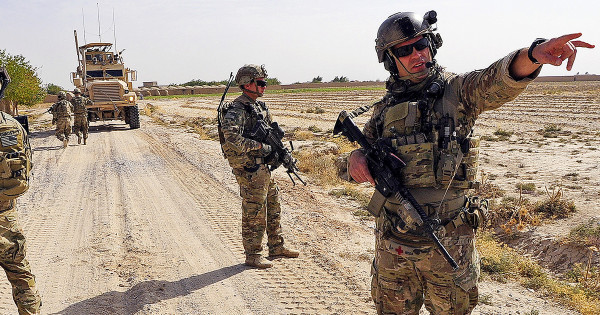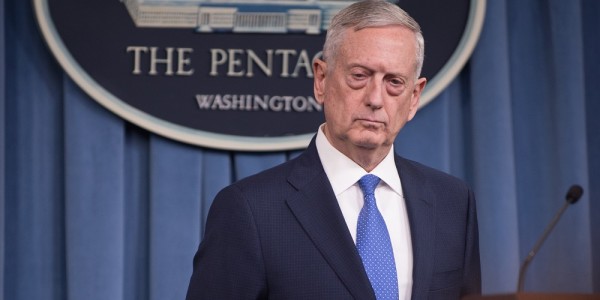A “Washington gaffe” is defined as telling the truth, and Defense Secretary James Mattis may have just done that when talking on Tuesday about Afghan casualties.
- In late 2017, defense officials stopped publishing the numbers of Afghan security forces who had been killed and wounded. The reason given was the Afghan government had purview over that data and did not want it to be publicly available.
- But that didn’t stop Mattis, who spoke Tuesday at the U.S. Institute of Peace in Washington, D.C.
- “The Afghan lads are doing the fighting, just look at the casualties: Over 1,000 dead and wounded in August and September and they stayed in the field fighting,” Mattis said.
- Mattis’ revelation comes just days after Chairman of the Joint Chiefs of Staff Marine Gen. Joseph Dunford became noticeable irritated when a reporter said the Pentagon was concealing casualty figures for the Afghan security forces.
- “The rationale for not posting it is [Afghan] President Ghani directed that we not do that,” Dunford said on Oct. 26 at the Military Reporters and Editors annual conference. “I’m not blaming him. That’s where it came from. The Afghans did not want to report this. They were incredibly sensitive about those numbers. We don’t own the numbers anymore.”
- However, the U.S. military does provide data on Afghan casualties to Congress “in a classified venue,” he continued.
- An Afghan governor told the New York Times in September that the Taliban are inflicting devastating casualties on Afghan security forces.
- “The Taliban don’t want peace, because they think they can win the war,” Baghlan Province Governor Abdul Hai Nimati said. “If it goes on like this, they’re going to win.”
SEE ALSO: Security In Afghanistan Is So Bad That The Media Cared Again For A Few Minutes
WATCH NEXT:

